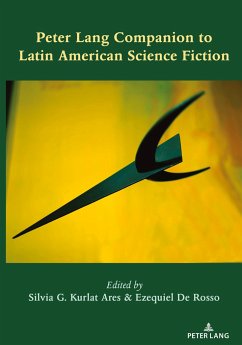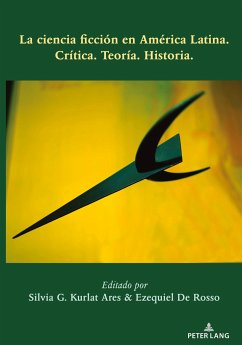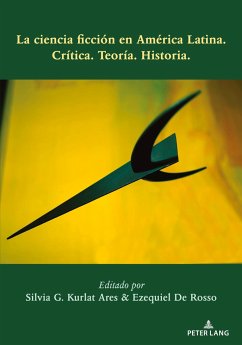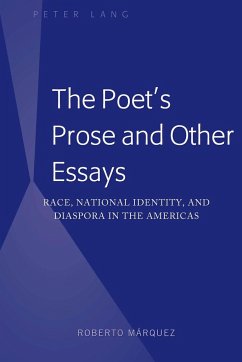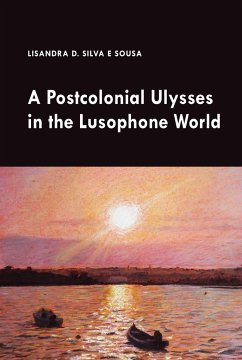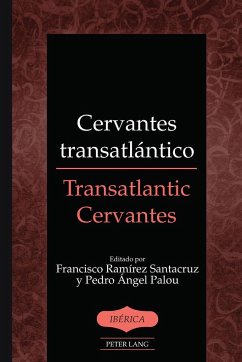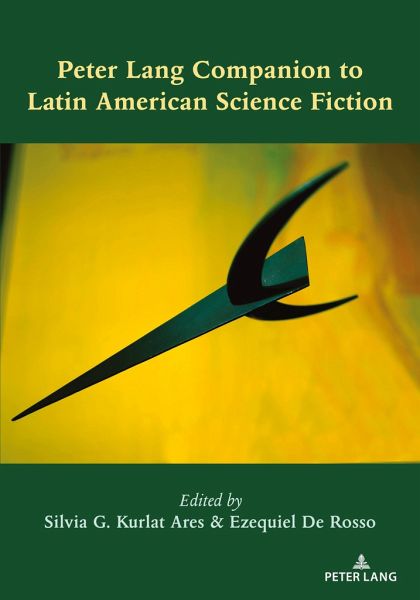
Peter Lang Companion to Latin American Science Fiction

PAYBACK Punkte
0 °P sammeln!
The Peter Lang Companion to Latin American Science Fiction provides a comprehensive overview of science fiction in Latin America by addressing the history and criticism of the genre in the region. It not only maps the cornerstones of the field (books, comics, magazines, movies) but also studies the specific political, social and cultural concerns that gave rise to its distinctive patterns and ideas. This volume organizes and systematizes the state of the field. In this sense, the aim of the Companion is to analyze Latin American science fiction hand in hand with the literature and culture prod...
The Peter Lang Companion to Latin American Science Fiction provides a comprehensive overview of science fiction in Latin America by addressing the history and criticism of the genre in the region. It not only maps the cornerstones of the field (books, comics, magazines, movies) but also studies the specific political, social and cultural concerns that gave rise to its distinctive patterns and ideas. This volume organizes and systematizes the state of the field. In this sense, the aim of the Companion is to analyze Latin American science fiction hand in hand with the literature and culture produced in the rest of the region, providing a proper context for its historic, cultural and political themes. Taking into account the complexity of contemporary debates in the field, the editors have made a point of inviting contributors from a wide variety of countries to provide the most diverse possible set of perspectives on the development of science fiction in Latin America.
The volume serves the needs of readers interested in science fiction at large, either in its original language or in translation; students trying to understand the genre; and teachers seeking to address the main issues in the development of the genre in the region by including current approaches to the material. The Companion is an indispensable teaching and learning tool, as well as reference book for critics and interested readers.
The volume serves the needs of readers interested in science fiction at large, either in its original language or in translation; students trying to understand the genre; and teachers seeking to address the main issues in the development of the genre in the region by including current approaches to the material. The Companion is an indispensable teaching and learning tool, as well as reference book for critics and interested readers.





